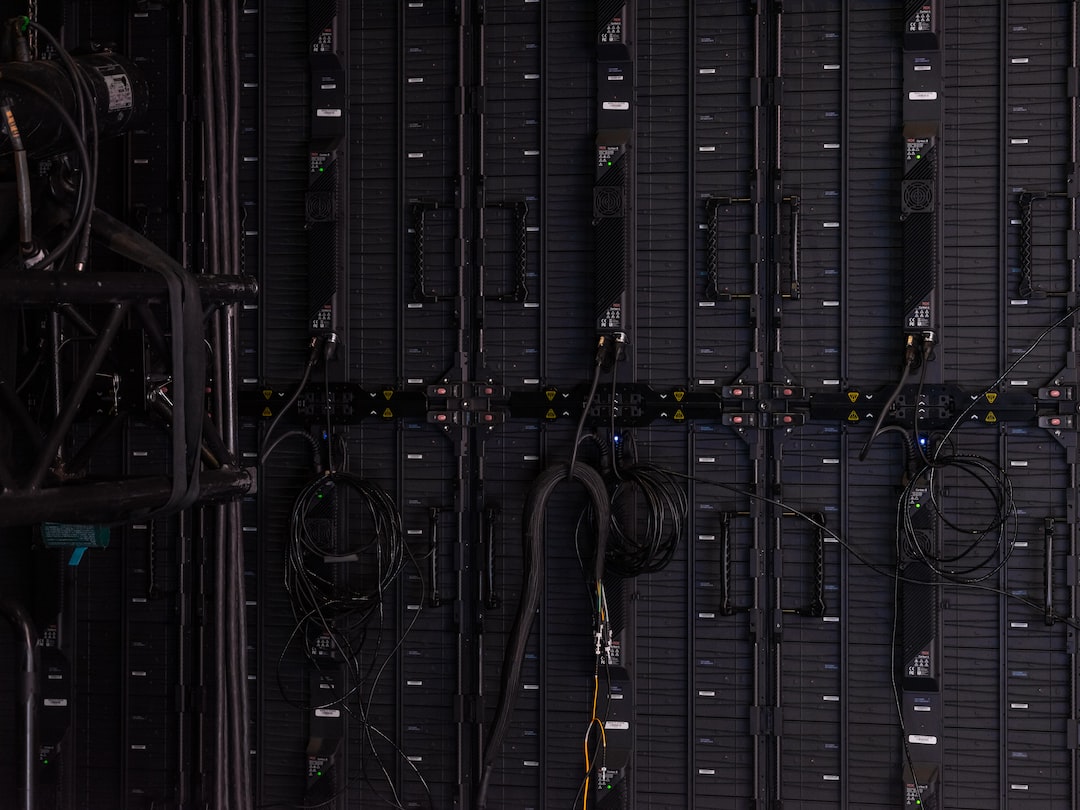Biotechnology has revolutionized the way we approach agriculture and food production. With its innovative techniques, biotechnology has not only increased crop yields but also improved the quality and nutritional value of our food. The impact of biotechnology in these sectors is undeniable and has the potential to address some of the world’s most pressing challenges related to food security and sustainability.
One of the areas where biotechnology has made a significant impact is in crop improvement. Through genetic engineering, scientists have introduced desirable traits into crops, such as resistance to pests, diseases, and extreme weather conditions. This has reduced the reliance on harmful chemical pesticides and herbicides, making farming practices more sustainable and environmentally friendly. As a result, farmers can produce higher yields with fewer resources, ultimately increasing agricultural productivity and reducing costs.
Biotechnology has also played a crucial role in reducing post-harvest losses. By enhancing the shelf life of crops and reducing spoilage, biotechnology has allowed for the safe storage and transportation of perishable food items to distant markets. This has not only increased access to nutritious food but has also positively impacted the income of farmers, particularly in developing countries where post-harvest losses can be as high as 50%.
Moreover, biotechnology has contributed to the development of genetically modified organisms (GMOs), which have been a subject of debate in recent years. GMOs have been engineered to possess specific traits that enhance their nutritional content, such as higher levels of vitamins or minerals. This biofortification approach has proven to be an effective strategy in combating malnutrition, particularly in regions where access to diverse and nutritious food is limited. Golden rice, for example, has been genetically modified to contain elevated levels of vitamin A and has the potential to address vitamin A deficiency, a leading cause of blindness in children in developing countries.
Another significant impact of biotechnology on food production is its ability to increase the efficiency of livestock farming. The development of genetically modified feed has enabled livestock to grow faster, be more resistant to diseases, and produce higher-quality meat, milk, and eggs. By improving the efficiency of animal farming, biotechnology has contributed to a more sustainable food system that can meet the increasing global demand for animal protein.
However, it is essential to recognize that while biotechnology offers significant benefits, it also raises ethical, environmental, and socioeconomic concerns. The potential for unintended consequences, such as the development of resistance in pests or the introduction of genetically modified organisms into the environment, must be carefully monitored and managed. Additionally, there is a need to ensure that the benefits of biotechnology are accessible to all farmers, particularly small-scale ones in developing countries, who may lack the resources to adopt these technologies.
In conclusion, biotechnology has had a profound impact on agriculture and food production. By enhancing crop yields, reducing post-harvest losses, improving nutritional content, and increasing the efficiency of livestock farming, biotechnology has transformed the way we produce and consume food. However, it is critical that biotechnological advancements are accompanied by proper regulation, transparency, and equitable distribution to ensure a sustainable and fair future in the agricultural sector. As the global population continues to grow, incorporating biotechnology into our food systems will become increasingly vital to address food security and sustainability challenges.

